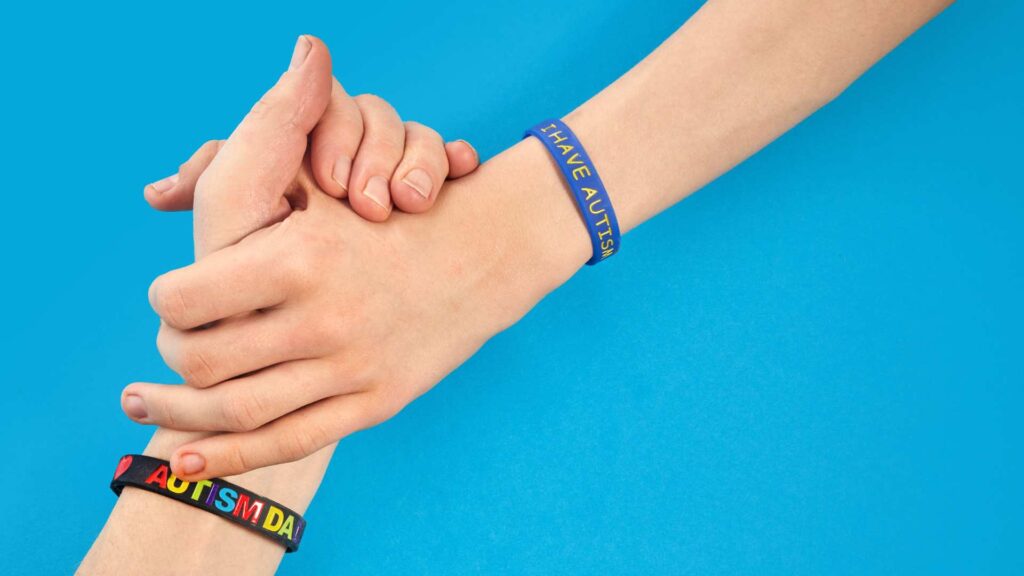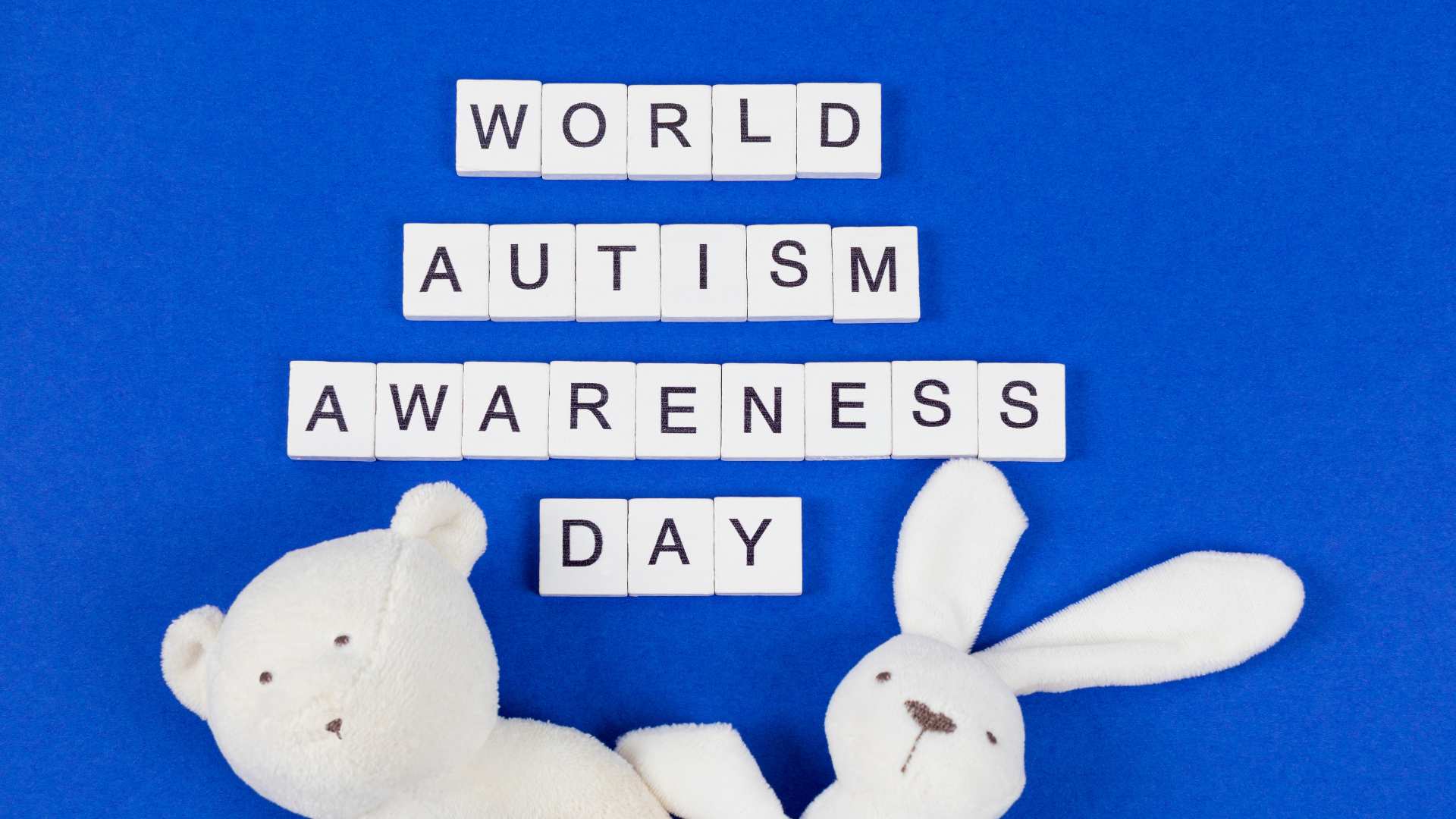Table of Contents
Why Do We Celebrate World Autism Awareness Day?
Autism, a neurodevelopmental condition, continues to be prevalent in the United States, with 1 in 36 children diagnosed with autism, according to the CDC. This increase does not imply an epidemic of the condition but instead reflects improved methods of early detection. Given the global commonality of autism, it is necessary to raise awareness and perhaps advocate for more significant support and resources. Therefore, World Autism Awareness Day is an essential occasion for advancing the rights, visibility, and opportunities of individuals with autism spectrum disorder (ASD).
That is why every year on April 2nd, the world comes together on World Autism Awareness Day, a day dedicated to raising acceptance about ASD, recognizing the diverse experiences within the autism community, and working towards creating a more inclusive society where individuals with autism can thrive.
So, how did Autism Awareness Day originate? Continue reading this blog by Texas ABA Centers to discover its history, significance, and how you can contribute to a more empathetic and inclusive society.
Evolution of Autism
The spectrum has evolved significantly over the years, encompassing shifts in societal beliefs, advancements in diagnostic criteria, new perspectives, treatments, and increased opportunities in both education and employment for individuals with ASD. Let’s see an overview:
Early Beliefs: Before the 20th century, healthcare professionals misunderstood autistic traits or did not recognize them as such. Often, their behaviors were associated with mental disorders or viewed as eccentric or odd.
First Descriptions: In the 1940s, Leo Kanner and Hans Asperger independently described cases of what we now know as an autism spectrum disorder. Kanner described autism as a separate and distinct disorder, while Asperger’s identified what he named “autistic psychopathy,” which later became known as Asperger’s syndrome.
ASD: In 2013, the Diagnostic and Statistical Manual of Mental Disorders (DSM-5) consolidated different diagnoses related to autism under the category of autism spectrum disorder. This condition includes autistic disorder, Asperger’s syndrome, and previously unspecified pervasive developmental disorder (PDD-NOS).
Diagnostic Criteria: Over the decades, diagnostic criteria for autism have undergone significant changes. In the past, experts considered autism primarily based on observable behaviors, including a lack of social, communicative, and behavioral skills. However, as research progressed, experts recognized that autism is a spectrum disorder. This advancement means that individuals with autism can experience a wide range of symptoms and severity levels.
Treatment Approaches: In the past, treatments for autism sought to “eliminate the condition.” Today, treatments are customized to the needs of individuals, including ABA therapy and more holistic approaches addressing emotional, social, and physical well-being.
Public Understanding: Today, there is greater acceptance and understanding of autism in society. It is recognized that autism is a natural variation in neurodiversity and not simply a disorder to be “cured.”
The evolution of autism understanding has been a complex process that has shifted from a pathologizing perspective to a more inclusive and support-focused one. The celebration of World Autism Awareness Day plays a vital role in promoting acceptance and inclusion and improving resources and support for individuals with ASD.
What World Autism Awareness Day Represents

Before the creation of World Autism Awareness Day, autism organizations and advocates worldwide were already working to raise public awareness about autism and advocate for better services and support for individuals with Autism Spectrum Disorder (ASD) and their families. These efforts gained momentum as the need for greater understanding and acceptance of individuals with autism in society became increasingly recognized.
In Resolution A/RES/62/139, the General Assembly proclaimed April 2nd as World Autism Awareness Day. Qatar proposed the resolution, which received backing from all United Nations member states. This milestone marked significant international recognition of the importance of increasing awareness about autism and promoting the inclusion of individuals with autism spectrum disorder.
Over the years, World Autism Awareness Day has transitioned from being merely a day of understanding to becoming a global movement for acceptance and inclusion. It has initiated crucial conversations, spurred policy reforms, and united communities in solidarity with individuals on the autism spectrum.
How You Can Contribute to an Inclusive Society
If you are starting on the autism journey, either because someone you love has been diagnosed with autism or because you simply want to contribute your empathy, remember that by learning about autism – its characteristics, strengths, and challenges – we can better support individuals on the spectrum and ensure they have access to the resources and opportunities they need to thrive. Here are some ways everyone can contribute:
- Foster an environment of acceptance and understanding by challenging stereotypes and misconceptions about autism
- Advocate for accessible spaces, services, and accommodations that meet the diverse needs of individuals with autism. This support includes everything from sensory-friendly environments to inclusive educational and employment opportunities.
- Support policies and initiatives that promote inclusion and equal rights for individuals with autism.
- Spread acceptance about autism and the importance of inclusion in your community. You can do it through social media campaigns, community events, supporting advocate groups, or simply by starting conversations with friends, family, and colleagues.
Texas ABA Centers and Autism Acceptance
World Autism Awareness Day is not just a day—it’s a call to action. It reminds us that every individual, regardless of their abilities or differences, deserves to be valued, respected, and included in society. By coming together to raise consciousness, promote acceptance, and advocate for inclusivity, we can create a world where everyone can reach their full potential.
At Texas ABA Centers, we are committed to generating greater outreach in the treatment of children and adolescents with autism through ABA therapy. It is a proven method that is non-invasive and has a personalized approach that seeks to enable individuals with ASD to acquire valuable skills through behavioral therapies according to their abilities.
We have assisted numerous families in Austin, Dallas, and Houston in helping their children achieve greater independence and academic success. To celebrate autism awareness, we welcome you to contact our compassionate and professional center at (877) 771-5725 or leave us a message on our website.








